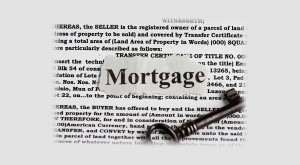
August 20, 2015
FHA Announces New Initiative To Help Expand Credit To Borrowers
The FHA has announced a new initiative designed to help the agency review lending practices of participating lenders and expand credit to potential FHA borrowers. According to HUDNo.15-107,”The Federal Housing Administration today announced a new method for evaluating the lending practices of FHA-approved lenders and understanding the sorts of borrowers they are serving.” That new standard, known as the FHA Supplemental Performance Metric, is designed to enhance the FHA’s existing “compare ratio” and according to the press release, “offer more nuanced insight into a lenders specific performance while encouraging lenders to serve eligible underserved borrowers.” This, the press release says, will assist participating FHA lenders in reviewing the effects of their FHA lending, “at all ends of the credit spectrum in line with FHAs willingness to insure loans to eligible | more...






